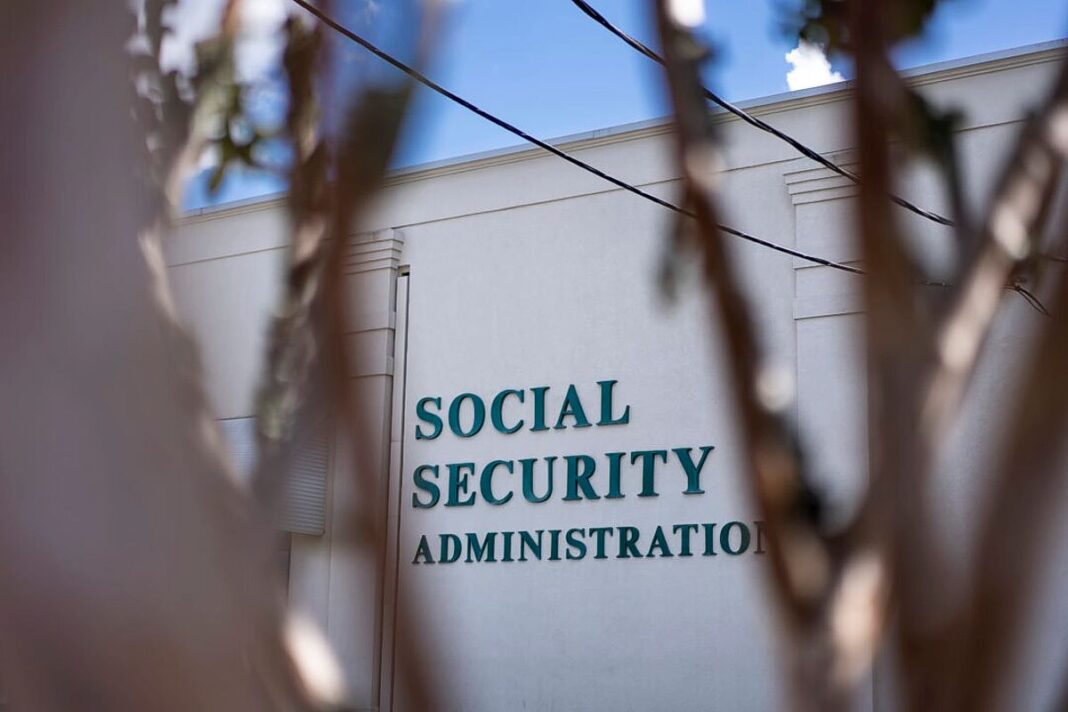The argument that President Donald Trump should recognize a Palestinian state, as proposed in a recent American Conservative article, rests on flawed assumptions about U.S. interests, regional stability, and the realities of the Israeli-Palestinian conflict. While the piece, authored by Abdelhalim Abdelrahman, advocates for a policy shift under the guise of military restraint and America-First principles, such a move would create a Palestinian terror state, destabilize the Middle East, weaken U.S. credibility, and reward bad actors. Recognizing a Palestinian state at this juncture, as French President Emmanuel Macron has announced he intends to do, is misguided.
1. Military Restraint and America-First Policy Do Not Require Palestinian Statehood
The original article claims that recognizing a Palestinian state aligns with the Trump administration’s military restraint and America-First ethos, citing diplomatic efforts like negotiations with Iran and ceasefires with the Houthis. However, these examples do not support the case for Palestinian statehood. Diplomacy with adversaries like Iran or the Houthis aims to reduce direct U.S. military involvement, but recognizing a Palestinian state risks escalating tensions rather than defusing them. The Palestinian Authority (PA) has a history of rejecting peace offers, such as the 2000 Camp David proposal and the 2008 Olmert plan, which offered significant concessions. Unilateral recognition would result in a terrorist state as it will embolden rejectionist factions, including Hamas, which explicitly seeks Israel’s destruction.
An America-First approach prioritizes U.S. security and economic interests. Recognizing a Palestinian state without a negotiated peace agreement with Israel – a key U.S. ally – would alienate a reliable partner and embolden Iran-backed groups like Hamas and Hezbollah, increasing risks to U.S. forces and interests in the region. Stability, not unilateral gestures, serves America’s core interests.
2. U.S. Aid to Israel Reflects Strategic Priorities, Not Palestinian Entitlements
The article argues that U.S. military aid to Israel, totaling over $300 billion since 1967, is misspent. Yet most of the aid—approximately $3.3 billion a year—is provided as grants under the Foreign Military Financing (FMF) program, funds that Israel must use to purchase U.S. military equipment and services.
The article’s framing overlooks the strategic rationale for U.S. support for Israel. Israel is a democratic ally that shares intelligence, hosts U.S. military assets, and counters Iranian influence in the Middle East. Aid to Israel strengthens a stable partner, unlike the PA, which struggles with corruption and internal divisions, or Hamas, which diverts aid to terrorism. The claim that Palestinians seek only to “live peacefully” ignores the persistent rocket attacks, suicide bombings, and incitement by Palestinian factions, which necessitate Israel’s security measures. It also ignores the excitement exhibited by many “innocent” Palestinians when dead Israelis were paraded through Gaza on October 7.
Moreover, the article’s suggestion that recognition imposes “little to no burden” on American taxpayers is misleading. Statehood could lead to increased U.S. financial commitments to a Palestinian government with a track record of mismanagement. For example, the PA’s “pay-for-slay” program compensates families of terrorists, a policy incompatible with U.S. values. Recognizing a state without addressing these issues risks subsidizing instability.
3. U.S. Law and Accountability Are Not Undermined by Support for Israel
Abdelrahman accuses the U.S. of subverting laws like the Leahy Law and Section 620I of the Foreign Assistance Act by shielding Israel from accountability for alleged war crimes. This claim exaggerates and misrepresents the situation. The Leahy Law requires vetting of foreign units receiving U.S. aid, but exceptions are made when strategic interests outweigh isolated incidents. The case of Netzah Yehuda, cited in the article, involved an investigation by Israel, which disciplined soldiers involved in the 2022 Omar Assad incident. Israel’s judicial system, unlike those of many regional actors, demonstrates accountability, aligning with U.S. legal standards.
Allegations of Israel blocking humanitarian aid or committing war crimes are contentious and often lack context. Israel has facilitated aid deliveries to Gaza, with over 1.2 million tons of aid entering since October 2023, according to UN data. Delays often stem from Hamas’s diversion of supplies or attacks on crossings. Holding Israel to a higher standard than others distorts the rule of law rather than upholds it.
4. U.S. Credibility Does Not Hinge on Palestinian Statehood
Abdelrahman argues that U.S. credibility suffers by enabling Israel’s actions while condemning Russia or Iran. This comparison is flawed. Russia’s invasion of Ukraine and Iran’s human rights abuses involve unprovoked aggression and systemic oppression, respectively. Israel’s actions in Gaza and the West Bank respond to existential threats, including Hamas’s October 2023 attack, which killed over 1,200 civilians. Supporting Israel’s right to self-defense aligns with U.S. credibility as a defender of democratic allies against terrorism.
The article cites European moves, like the EU revisiting trade agreements with Israel, as evidence of moral leadership. Yet Europe’s actions often reflect domestic political pressures rather than principled stances. For instance, the UK’s suspension of trade talks has been criticized as inconsistent, given its continued trade with regimes like China, which face far graver human rights accusations. U.S. credibility rests on consistent support for allies, not symbolic gestures that reward intransigence.
5. Recognizing a Palestinian State Risks Regional Instability, Not Peace
The article claims that denying Palestinian rights fuels regional tensions, citing Hezbollah and Houthi attacks as consequences of Israel’s actions. This oversimplifies the conflict. Iran, not Palestinian grievances, primarily drives Hezbollah and Houthi aggression, as both groups are proxies in Tehran’s broader campaign against Israel and the West. Recognizing a Palestinian state without addressing Iran’s influence or Hamas’s control of Gaza could embolden these groups, escalating attacks on Israel and U.S. interests.
The article’s assertion that Palestinian statehood would prevent a “regional conflagration” ignores the lack of a unified Palestinian leadership willing to negotiate peace. Hamas’s charter rejects Israel’s existence, and the PA has refused direct talks since 2014. Unilateral recognition would likely entrench this stalemate, as it did when the UN granted Palestine non-member observer status in 2012, which led to no tangible progress toward peace.
6. Trump’s Unpredictability Does Not Justify a Policy Shift
Finally, the article suggests that Trump’s unpredictable nature offers a “slim chance” to pivot toward Palestinian rights. This argument is speculative and ignores Trump’s consistent support for Israel, including moving the U.S. embassy to Jerusalem and brokering the Abraham Accords. These policies prioritized practical peace through regional cooperation, not unilateral concessions.
The Reality
Recognizing a Palestinian state without a negotiated agreement with Israel would undermine U.S. interests, reward rejectionism, and destabilize the region. Instead, the Trump administration should continue supporting Israel’s security while encouraging direct negotiations between Israelis and Palestinians. The Abraham Accords demonstrated that normalizing ties between Israel and Arab states can create momentum for peace without bypassing Israel’s legitimate concerns. For an America-First policy, prioritizing stability and alliance with a democratic partner over symbolic gestures is the prudent path forward.








